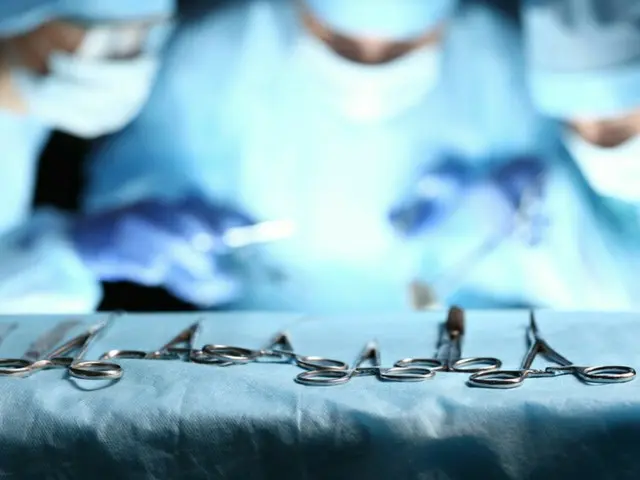The government has repeatedly called on doctors who had left the medical field to return to the medical field, and has taken a strong stance, suspending the licenses of doctors who did not comply.
However, as a result of the medical gap, the government decided to withdraw the punishment in order to resolve the confusion.
The Korean government announced in February this year that it would increase the number of students admitted to medical schools by 2,000 from the 2025 entrance exam. The number of students was 3,507 in 1998.
The number of doctors increased, but was reduced to 3,058 in 2006, and has remained at 3,058 every year since then. The shortage of doctors in South Korea is becoming serious, especially in rural areas.
According to the "Statistics and Implications on Healthcare Human Resources in Major OECD Countries" published by the Ministry of Health, Labor and Welfare in 2020, the number of doctors per 1,000 people in Korea is 2.3, lower than the average for OECD member countries (3.5
In an effort to alleviate the doctor shortage, the previous Moon Jae-in administration in July 2020 introduced a medical school fixed-term budget to train an additional 4,000 doctors over a 10-year period.
However, medical students and interns protested, going on strike, and the plan was not implemented. At the time, medical students and interns believed that the overall number of doctors was not insufficient, and that the cause was external factors.
The reason for this is a shortage of doctors in the so-called "essential medical fields," such as obstetrics and gynecology. These "essential medical fields" tend to be avoided due to the heavy workload and the relatively high risk of lawsuits, and they are therefore profitable.
They argued that the concentration of doctors in highly specialized fields such as dermatology, ophthalmology, and cosmetic surgery was ultimately causing a shortage of doctors. At the time, the Korean Medical Association forced a strike due to the COVID-19 pandemic.
In order to prioritize the response, the government gave up on increasing the number of students for the time being. Even after the change of administration, the Korean government continued to insist on increasing the number of students in medical schools, and the Yoon Seok-yeol administration said, "To protect the health and lives of the people,
As soon as the government announced in February that it would increase the number of admissions to university medical schools, the trainees, who are currently in the hospital, have been in the hospital since 2013.
As in the year 0, there was a strong backlash, and medical trainees expressed their intention to protest by resigning en masse. This led to delays to routine examinations and surgeries, and the medical field was thrown into chaos.
The government ordered the doctors who had withdrawn to return to work immediately, but only a few of them complied.
The Ministry of Education, in May, announced that 39 medical schools nationwide would be increasing their student enrollment numbers for the next academic year by 1.2% compared to the previous year.
It was decided to increase the number of staff by 497 to a total of 4,610. Although the increase in staff was smaller than initially planned, it confirmed the first increase in staff capacity since 1998.
Last month, South Korea's Supreme Court ruled against the medical community over the expansion of medical school admission quotas.
The court upheld the first-instance ruling that denied the application for provisional disposition, which had sought to suspend execution, and dismissed the second appeal.
Professors' associations have expressed their intention to protest by taking measures such as closing down clinics. In response to the prolonged medical vacuum, the government announced on the 8th of this month that it would revoke administrative measures against the trainees who had left their jobs, including the suspension of their medical licenses, effective the same day.
Cho Kyu-hong, Minister of Health and Welfare, said, "We made this decision because we determined that it is in the public interest to maintain the training system so that medical specialists can be produced in a timely manner and minimize medical gaps."
In response, Yonhap News pointed out that "this decision regarding the withdrawn trainees overturns the principle of 'strict response' that the government has emphasized."
"This is a desperate measure to allow them to return to the medical field, but revoking the disciplinary action while determining that their withdrawal was illegal is seen as an act of giving them a 'free pass,' and criticism is likely to be inevitable."
The government has explained that it is prepared to face criticism, but as there is no change to the increase in the number of medical school admissions, it is unclear how many trainees will return to work as a result of this government decision.
Prior to the decision, the government announced a policy last month to suspend administrative disciplinary measures if a trainee returns to the field of his/her own accord. However, as of last month, the rate at which trainees at 211 training hospitals nationwide arrive at work was only
Only 8% of respondents said they were willing to accept the offer.
2024/07/10 12:00 KST
Copyrights(C)wowkorea.jp 5

